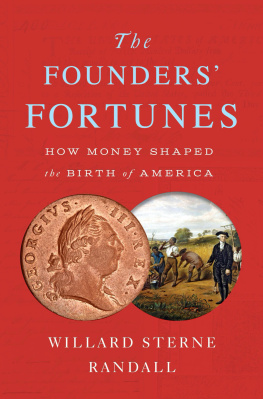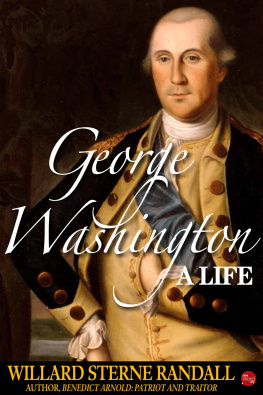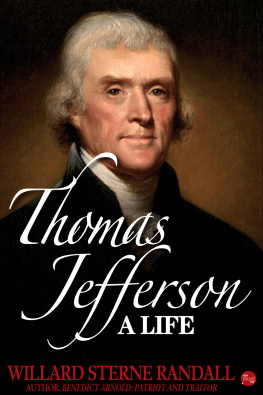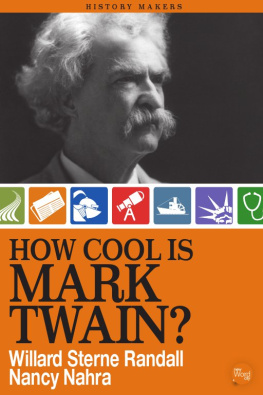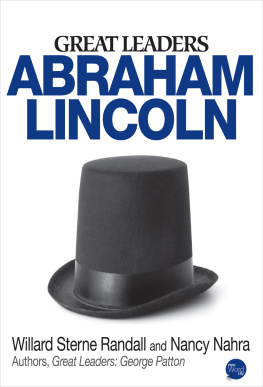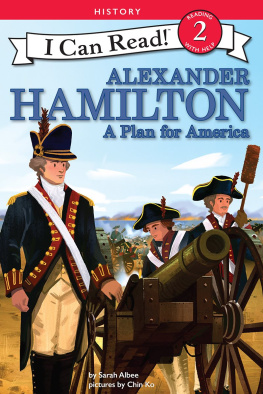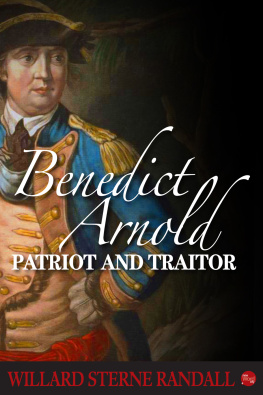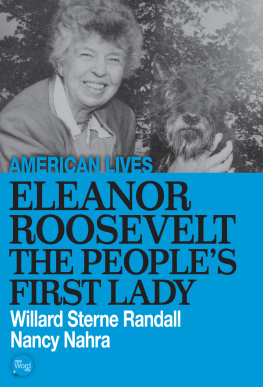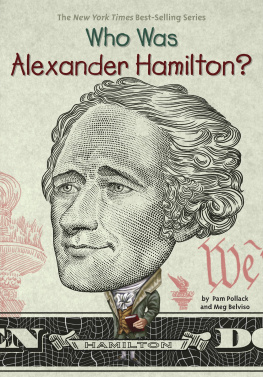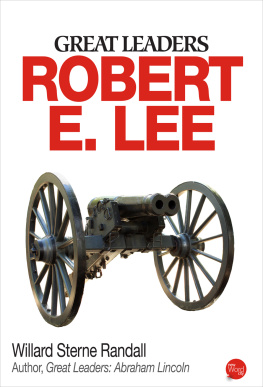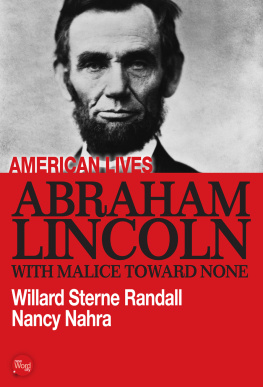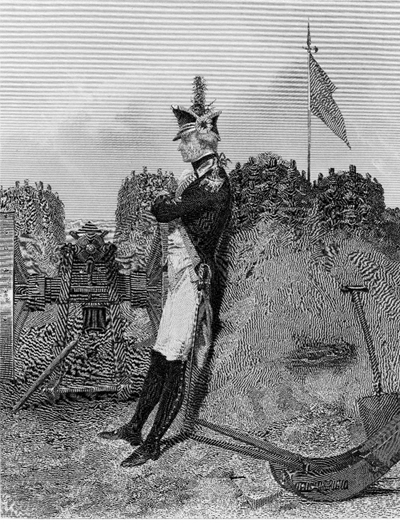Colonel Hamilton awaits signal to attack Redoubt No. 10 at Yorktown. By Alonzo Chappell (Hulton/Archive by Getty Images)
ONE
The Wish of My Heart
A lexander Hamilton realized instantly that he would die. Before he even heard the shot, the oversize lead ball had torn into his right side just above the hip, crashed through a rib, sliced through his liver, shattering a vertebra. Pitching forward on his face, Hamilton, the first secretary of the treasury of the United States, the author of the Federalist Papers, George Washingtons strong right hand, the financial genius who had created Wall Street, and as inspector general of the U.S. Army, launched the U.S. Navy, fell to the ground, clutching his dueling pistol. His friend and second in the duel, Nathaniel Pendleton, rolled him over, cupped him in his arms, and held him, half sitting, under a cedar tree, away from the glaring July sunlight.
Dr. Hosack! Pendleton yelled. Dr. Hosack! Waiting with the oarsman below by the Hudson shore, Dr. David Hosack rushed up the narrow path toward the dueling place atop a small granite outcropping of cliff below the waking village of Weehawken, New Jersey, that steaming Thursday morning of July 11, 1804. He brushed past Aaron Burr, vice president of the United States, shielded by his seconds umbrella to conceal his face as he hastened toward a row-boat that would hurry him across to New York City.
By the time Dr. Hosack, breathless, reached him, Hamilton had slumped to the ground and was losing consciousness. But he managed to gasp, This is a mortal wound, Doctor. Once, Hamilton had wanted to study medicine. He knew anatomy. He knew the path of his pain, that his legs no longer moved. He thought he would die on the spot. So did Dr. Hosack. When he pulled up the bloody shirt, probed for a pulse, he could not hear Hamilton breathing. Hamilton had, Dr. Hosack wrote a few weeks later, become to all appearance lifeless. His pulses were not to be felt. His respiration was entirely suspended. Laying my hand on his heart, I considered him irrecoverably gone.
Hosack and Pendleton carried Hamilton out of the woods and down the steep path. The boatman helped wrestle him onto the barge, placing the ornate case and pistol beside him. The doctor worked over him, rubbing spirits of hartshorne over his face, lips, forehead, neck, breast, arms. The cool massage seemed to have a miraculous effect. About fifty yards from shore, Hamilton sighed, the fresh breeze on the open water helping to revive him. His eyes half open, to our great joy, recounted Hosack, he at length spoke: My vision is indistinct, he said. His pulse became more perceptible, his respiration more regular; his sight returned. But when the doctor tried to press Hamiltons side, to examine the wound, the pain was too much for Hamilton.
For a while, as the oars groaned in the tholes and slapped the water, Hamilton tried to talk. He spied the pistol, lent to him by his friend John Church. It was the same hair-triggered pistol Hamiltons oldest son had used three years before when he had been killed in a duel. The sight jolted him. Take care of that pistol! Hamilton cried. It is undischarged, and still cocked. It may go off and do harm. He did not realize he had fired the gun into the air when Burrs bullet had struck him. Now he tried to turn his head toward Pendleton, sitting behind him in the stern. Pendleton knows I did not intend to fire at him. His second nodded. Yes, I have already told Dr. Hosack that. Then Hamilton fell silent. He remained calm, his eyes closed. Just before the boat bumped into the dock, Hamilton asked his friends to summon his wife, Elizabeth, at home with their seven children at The Grange at Manhattans northern tip. She had no idea of the duel. Let Mrs. Hamilton be immediately sent for. Let the event be gradually broken to her, but give her hopes.
Hamiltons old friend William Bayard was looking down at him as the boat docked. A servant had told him that Hamilton had rowed away from Bayards dock at dawn with two other men. Now Bayard strained to see as the boat neared: he could make out only two figures. Looking down into the boat, he could see why. Bayard had known Hamilton some thirty years since Hamilton, a young artillery captain, had fortified the Bayard family home and turned it into Bunker Hill Fort at the outbreak of the Revolution. I called [Bayard] to have a cot prepared, Dr. Hosack recorded. He, at the same moment, saw his poor friend lying in the bottom of the boat. He threw up his eyes and burst into a flood of tears. Hamilton alone appeared tranquil and composed. We then conveyed him as tenderly as possible up to the house.
ALEXANDER HAMILTON lasted thirty-one hours after Aaron Burr shot him. When they finally got him into a bed on the second floor of Bayards house on Chambers Street, he was nearly comatose. The doctor undressed him and administered a large dose of a strong anodyne, a painkiller. During the first day, Hosack gave Hamilton more than an ounce of an opium and cider potion, called laudanum, washing it down with watered wine. But, Hosack noted, his sufferings during the whole day were almost intolerable. The ball had lodged inside his second lumbar disk, which had shattered, paralyzing his legs. His stomach was slowly filling with blood from severed blood vessels in his liver. Hosack had not the shadow of a hope of his recovery, but he called in surgeons from French men-of-war anchored in the harbor who had much experience in gunshot wounds. They agreed that Hamiltons condition was hopeless.
During the night of July 11, the sedated Hamilton had some imperfect sleep. He knew he had little time left to live: he asked Bayard to summon the Reverend Benjamin Moore, Episcopal bishop of New York and president of Columbia College, where Hamilton had once been a scholarship boy. In recent months, Hamilton had prayed Episcopal Matins and Vespers with his family at home. He had not attended any church since the Revolution. When the bishop arrived, he refused Hamilton Holy Communion after he learned that Hamilton not only had never been baptized an Episcopalian, but had been wounded in a duel, something Moore considered a mortal sin. Instead, the bishop gave Hamilton a lecture on the meaning of communion and left him to take some time for serious reflection. Hamilton, clearheaded and determined now, asked the Bayards to send for the Reverend John M. Mason, pastor of the Presbyterian church and son of the man who had once sponsored him for a place at a Presbyterian academy when he had arrived in New York, an orphan from the West Indies. Hamilton as a boy had undergone a strong Presbyterian conversion experiencealthough, as a bastard, he had not been allowed to receive Presbyterian communion. But this Reverend Mason informed Hamilton that he could only receive communion in church, at the altar, during a regular Sunday ceremony. Hamilton pleaded for Bayard to go once more to Bishop Moore and try to persuade him.
It was noontime on the twelfth, more than twenty-four hours after the duel, before Elizabeth Hamilton arrived with their seven children. No one had told her the truth. Hamilton, she believed, was suffering only from stomach cramps: hed had digestive disorders recently. Now she learned everything. She became frantic. Hamilton had been semiconscious, his eyes closed. He opened them, saw his children. His own grief at seeing his daughter Angelica, half mad since her brothers death in a duel over his fathers politics, swept over him. He closed his eyes again, only saying to his wife, Remember, Eliza, you are a Christian. It was as if he had banished her. She left with the children, sobbing hysterically.


